Maine Coon
Maine Coon
America’s Gentle Giant Feline
1. Introduction to the Breed
The Maine Coon, securing the #4 spot among the top cat breeds owned by Americans in 2024, is a majestic and gentle giant renowned for its shaggy coat, tufted paws, and friendly demeanor. Known as the “gentle giant” of cats, Maine Coons are beloved for their dog-like sociability and playful nature, making them ideal for families or active owners seeking a charismatic companion. Their rugged appearance and adaptable personality shine in spacious suburban or rural homes, where their charm and affection bring warmth and liveliness.
2. History of the Breed
Originating in Maine, USA, in the 19th century, Maine Coons likely developed from native shorthaired cats and longhaired breeds brought by European settlers, adapting to harsh New England winters. Folklore claims Viking or Marie Antoinette origins, but their true roots are natural selection for survival. Recognized by the Cat Fanciers’ Association (CFA) in 1976, Maine Coons gained popularity for their size, beauty, and versatility in cat shows and as family pets. Their storied history and engaging personality have made them a cherished American breed.
3. Physical Characteristics
- Typical Size and Weight: Maine Coons are large, standing 10–16 inches tall at the shoulder and weighing 9–18 pounds (males) or 7–12 pounds (females), with a sturdy, rectangular build.
- Coat and Color: Their semi-long, water-repellent coat is shaggy with a silky undercoat, in colors like tabby, solid, bicolor, or tortoiseshell, often with a mane-like ruff. The coat sheds moderately.
- Distinctive Features: Maine Coons have a broad head, tufted ears, bushy tails, and large, expressive eyes. Their tufted paws and lynx-like ear tips enhance their rugged, majestic appearance.
4. Personality Traits
Maine Coons are friendly, sociable, and intelligent, with a dog-like personality that makes them exceptional family pets. They form strong bonds with children, adults, and familiar pets, enjoying interactive play and even water activities. Their curious, vocal nature—often chirping or trilling—adds to their charm, though they’re rarely demanding. Maine Coons are adaptable but thrive on attention, suiting active owners who can provide mental and physical stimulation to prevent boredom-driven behaviors like scratching or climbing.
5. Care Requirements
- Exercise Needs: Maine Coons need 30–60 minutes of daily play, including chasing toys, climbing tall cat trees, or interactive games. Mental stimulation through puzzle toys or window perches satisfies their curious minds.
- Grooming Needs: Their semi-long coat requires brushing 2–3 times per week to prevent matting and hairballs, with extra care during shedding seasons. Regular ear cleaning, nail trimming, and dental care maintain health, as they’re prone to dental issues.
- Dietary Considerations: A high-protein diet supports their large size and energy, with foods containing glucosamine for joint health. Portion control prevents obesity, and fresh water is essential, especially for their water-loving tendencies.
6. Health and Lifespan
Maine Coons have an average lifespan of 12–15 years. Common health issues include hypertrophic cardiomyopathy (HCM), hip dysplasia, polycystic kidney disease (PKD), and spinal muscular atrophy. Regular vet checkups, heart and kidney screenings, and a healthy lifestyle mitigate risks. Owners should monitor for lethargy, lameness, or litter box changes and ensure a balanced diet to support overall health. Genetic testing from breeders reduces hereditary concerns, particularly for HCM and PKD.
7. Training and Socialization
Maine Coons are highly intelligent and trainable, responding well to positive reinforcement with treats or play. They can learn tricks like “fetch” or leash-walking, reflecting their dog-like nature. Early socialization ensures comfort with strangers, children, and other pets, reducing shyness or territorial behavior. Teaching behaviors like using a scratching post or litter box habits is straightforward due to their cooperative demeanor. Interactive play or training sessions keep their active minds engaged.
8. Ideal Home Environment
Maine Coons thrive in spacious homes with secure yards or large indoor spaces, ideal for suburban or rural settings where they can climb and explore. They suit active families or individuals who enjoy interactive play or training. Apartments can work if provided with tall cat trees and ample stimulation, but their size and energy require space. Owners should provide a stimulating environment with toys, climbing structures, and water features to satisfy their playful, curious nature.
9. What’s the Best Toy for My Maine Coon?
Maine Coons enjoy toys that suit their playful, energetic nature and large size. Sturdy feather wands encourage chasing and pouncing, providing 15–20 minutes of interactive play to satisfy their hunting instincts. Large, durable balls for batting or fetching tap into their dog-like playfulness, ideal for 15–20 minute sessions in a secure space. Soft plush toys for wrestling mimic prey, perfect for 10–15 minute play bursts, with supervision to prevent tearing. Interactive puzzle toys with treat compartments engage their intelligence, keeping them occupied indoors for 15–20 minutes. Avoid small, easily swallowed toys to prevent choking. Rotate toys regularly and pair with water-based or climbing games for engagement.
10. Adoption and Breeder Tips
Choose breeders affiliated with the Maine Coon Breeders and Fanciers Association or CFA, ensuring health clearances for heart (HCM), hips, kidneys (PKD), and spinal conditions. Visit the breeder to assess kitten health, meet parents for temperament insights, and confirm ethical practices, including socialization and clean facilities. Rescues like Maine Coon-specific organizations offer adoptable cats, often with known histories. Avoid unregulated breeders or pet stores, as Maine Coons are prone to health issues if poorly bred. Ask about genetic testing, socialization, and coat care to ensure a healthy, well-adjusted cat.
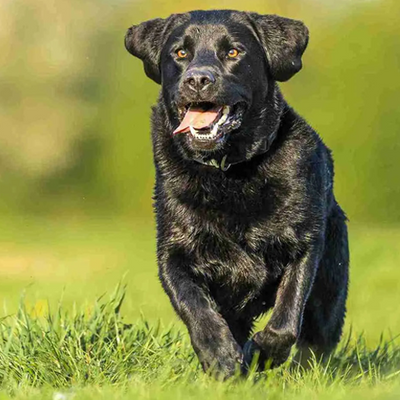
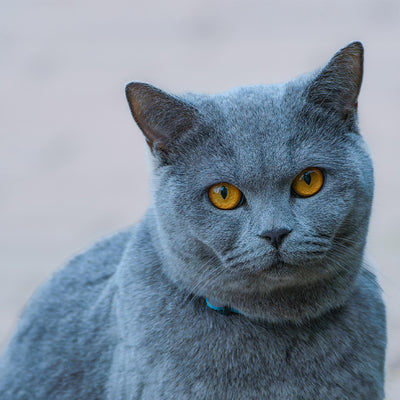
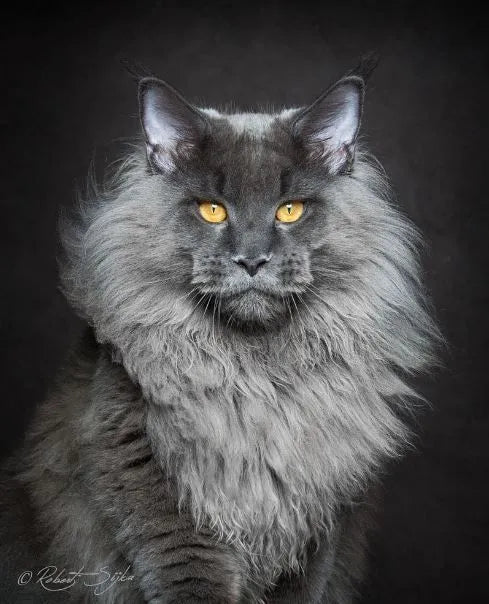
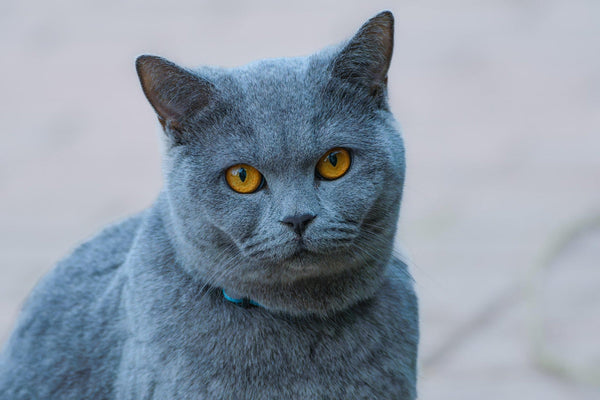
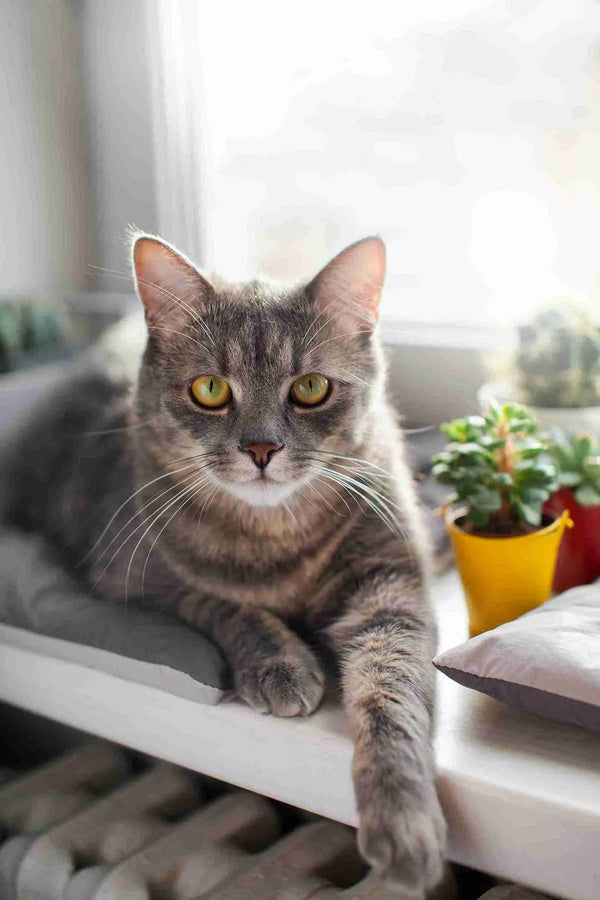
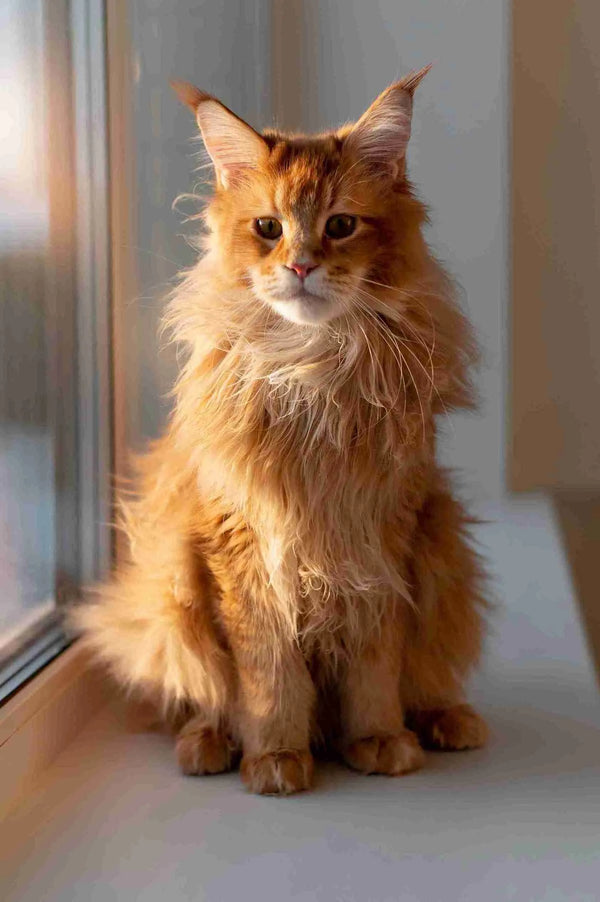
0 comments